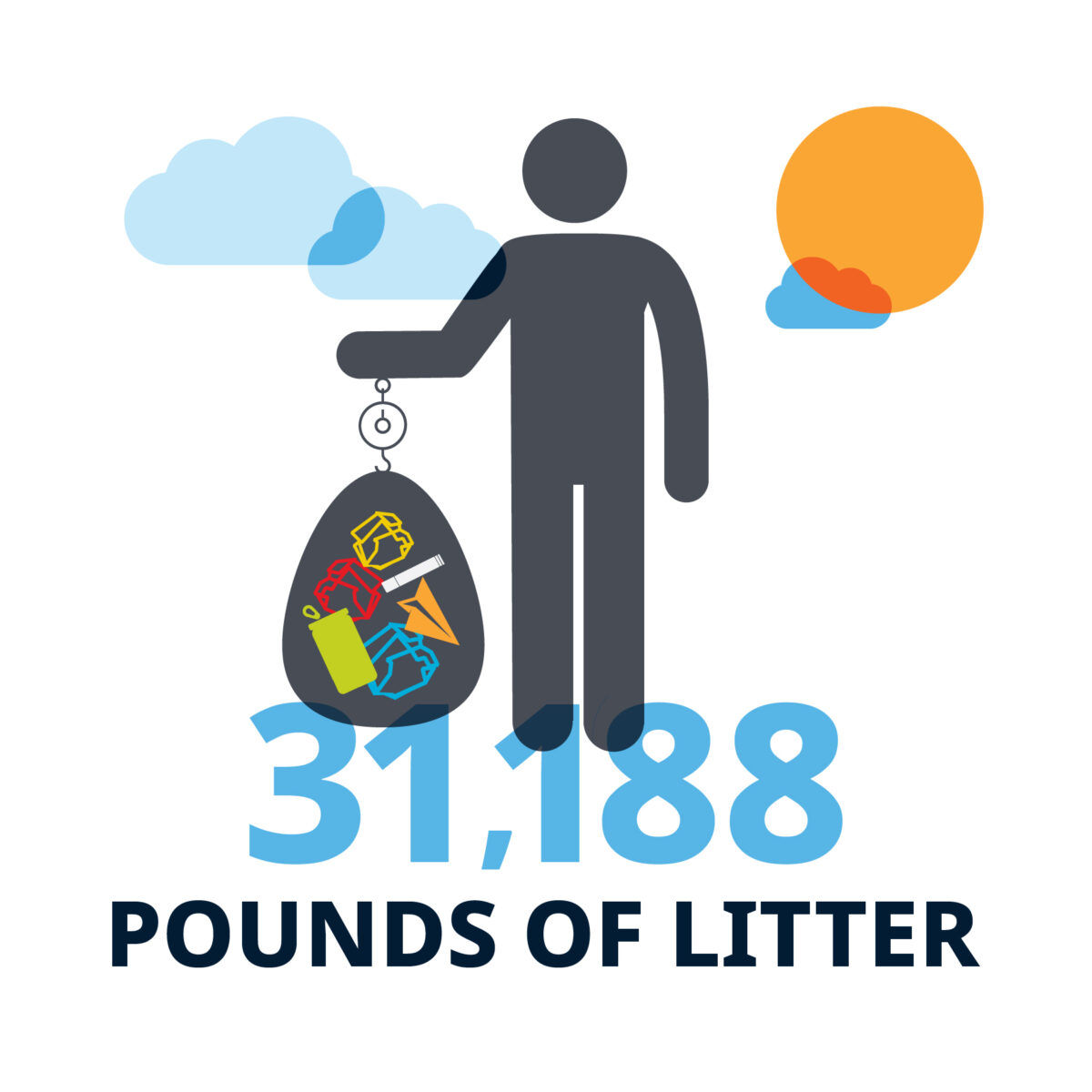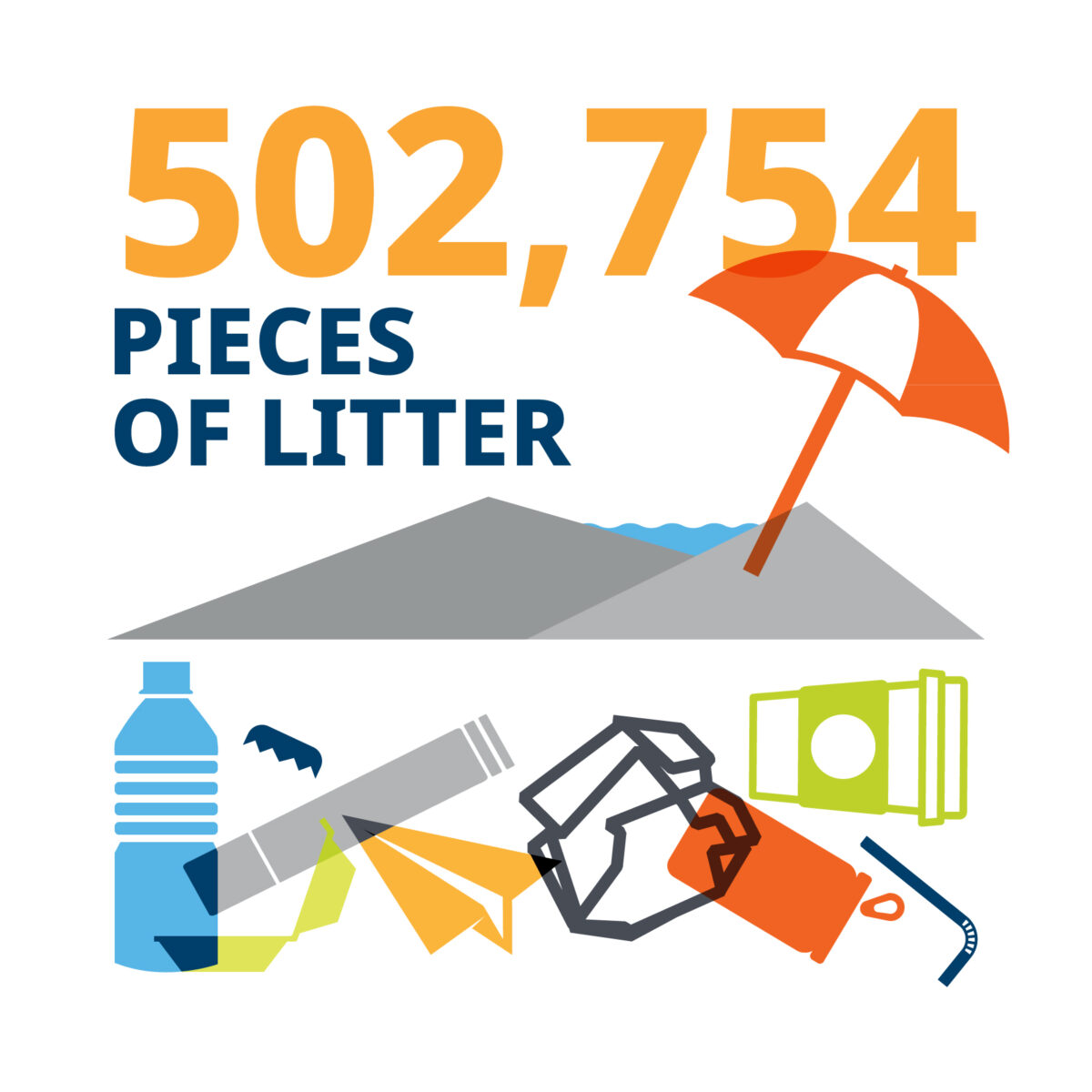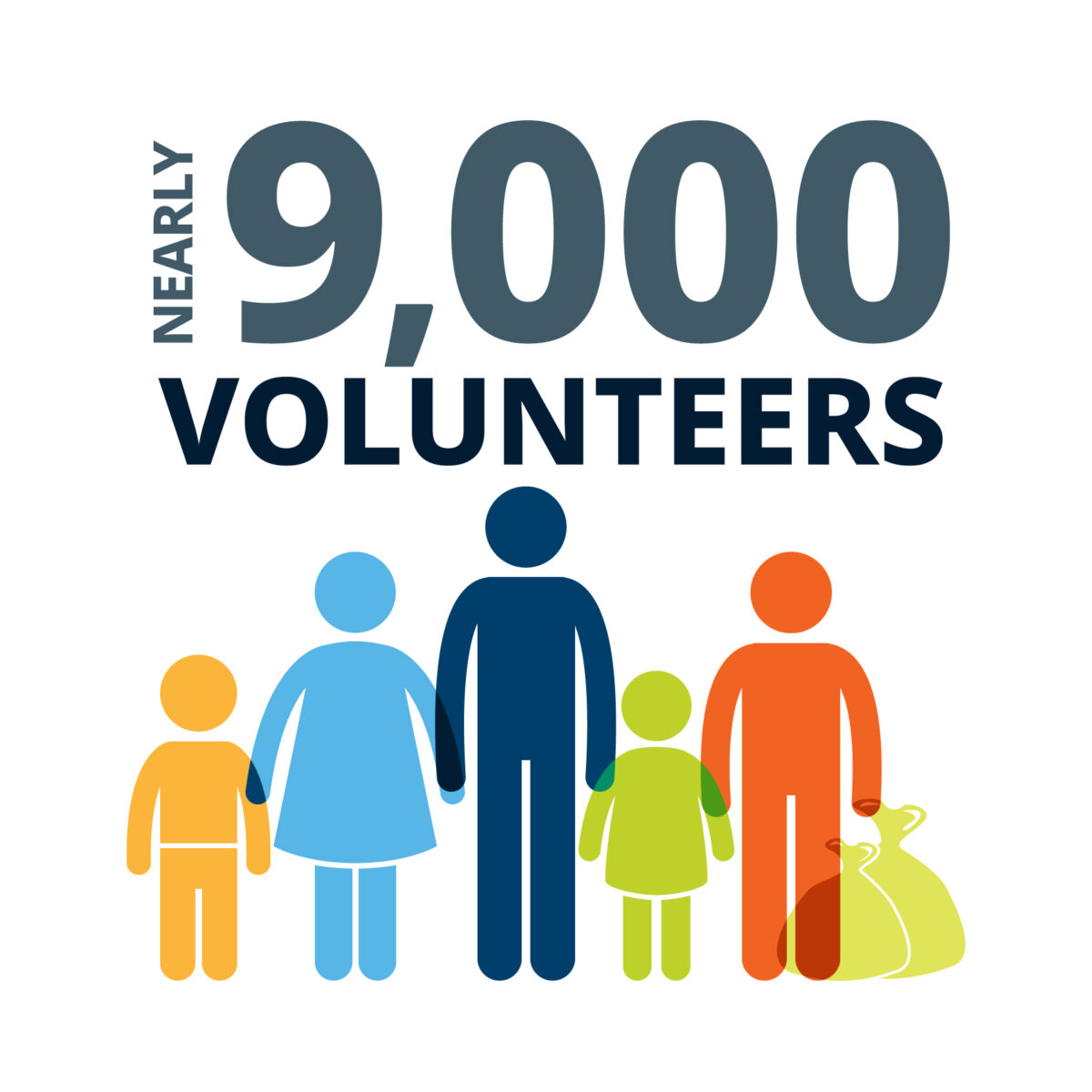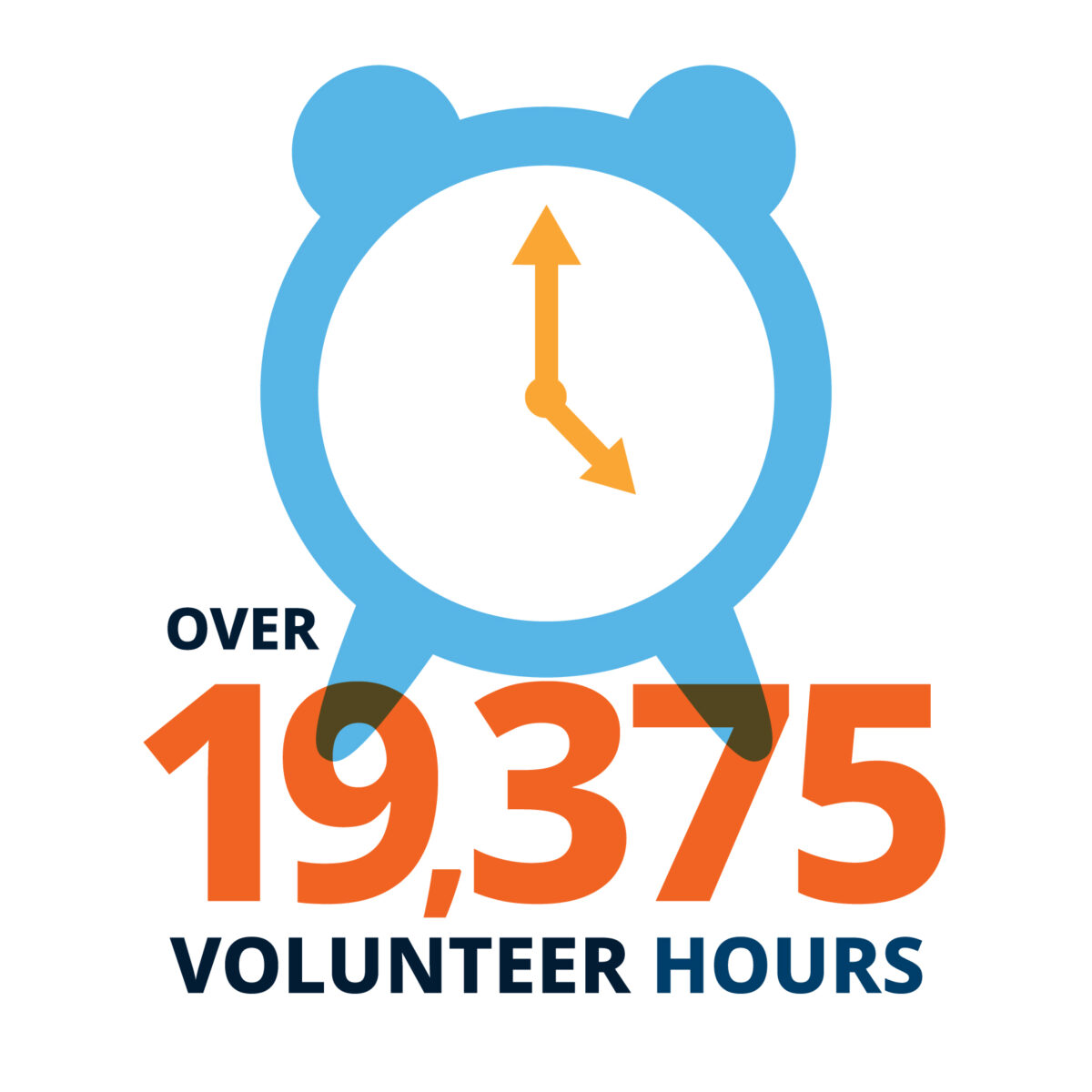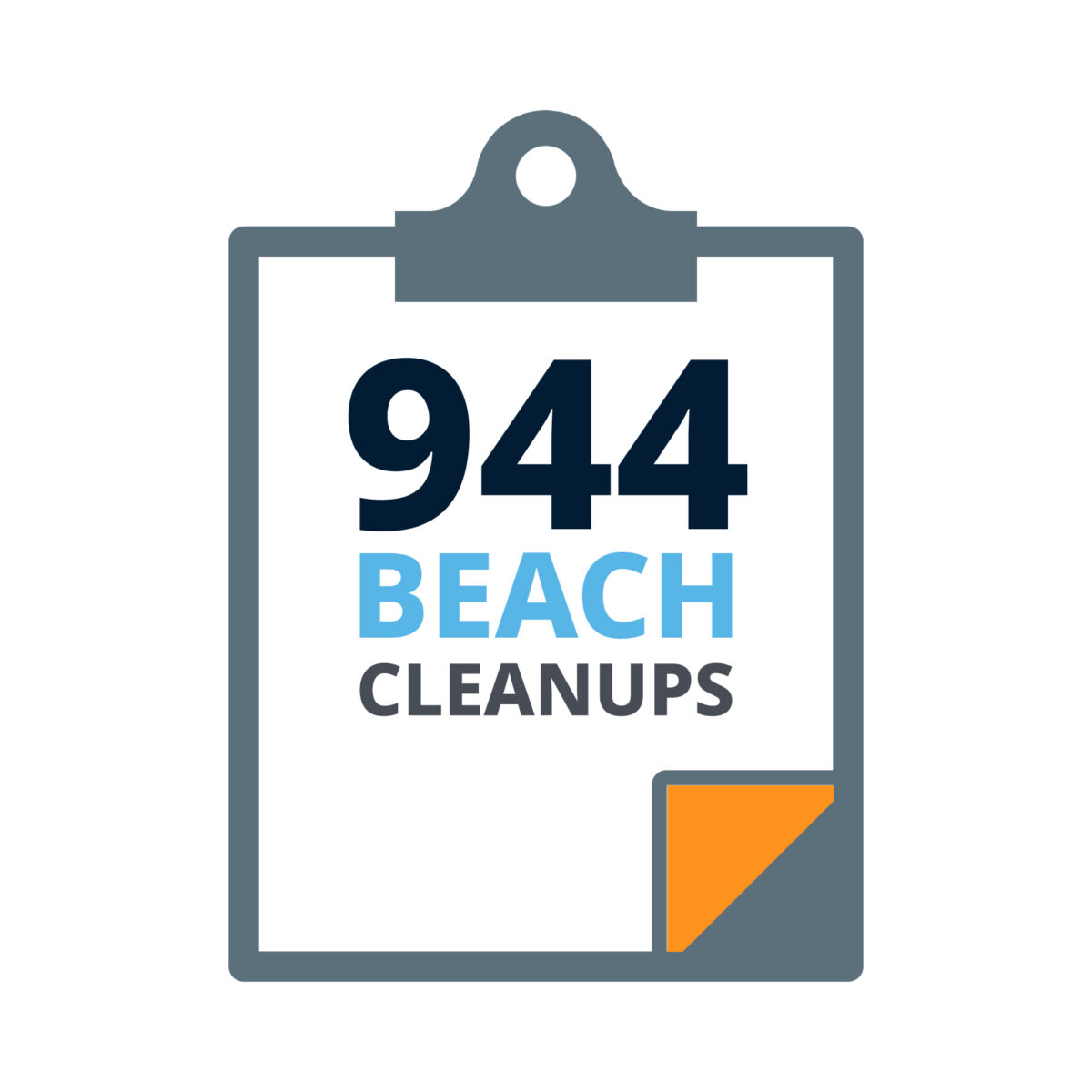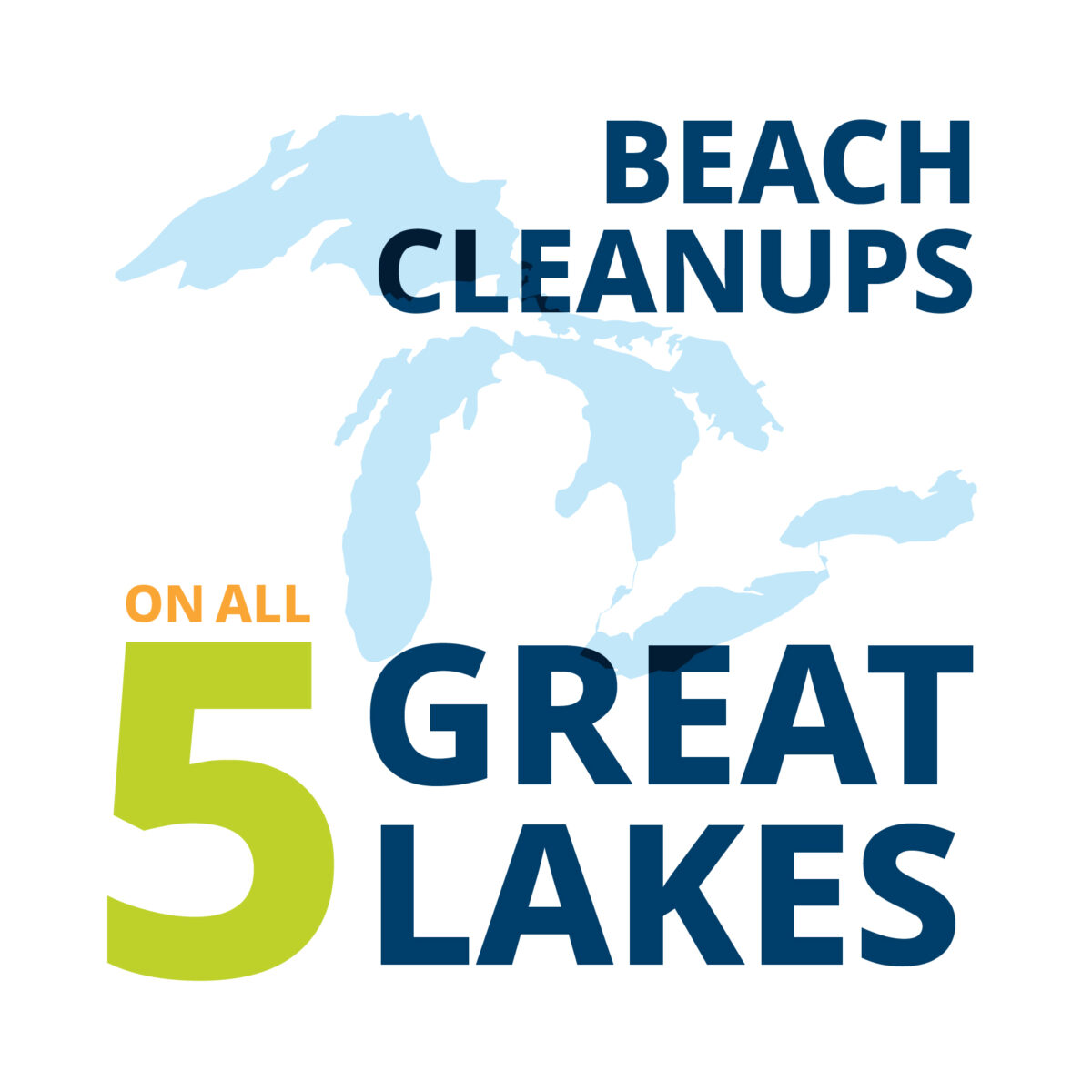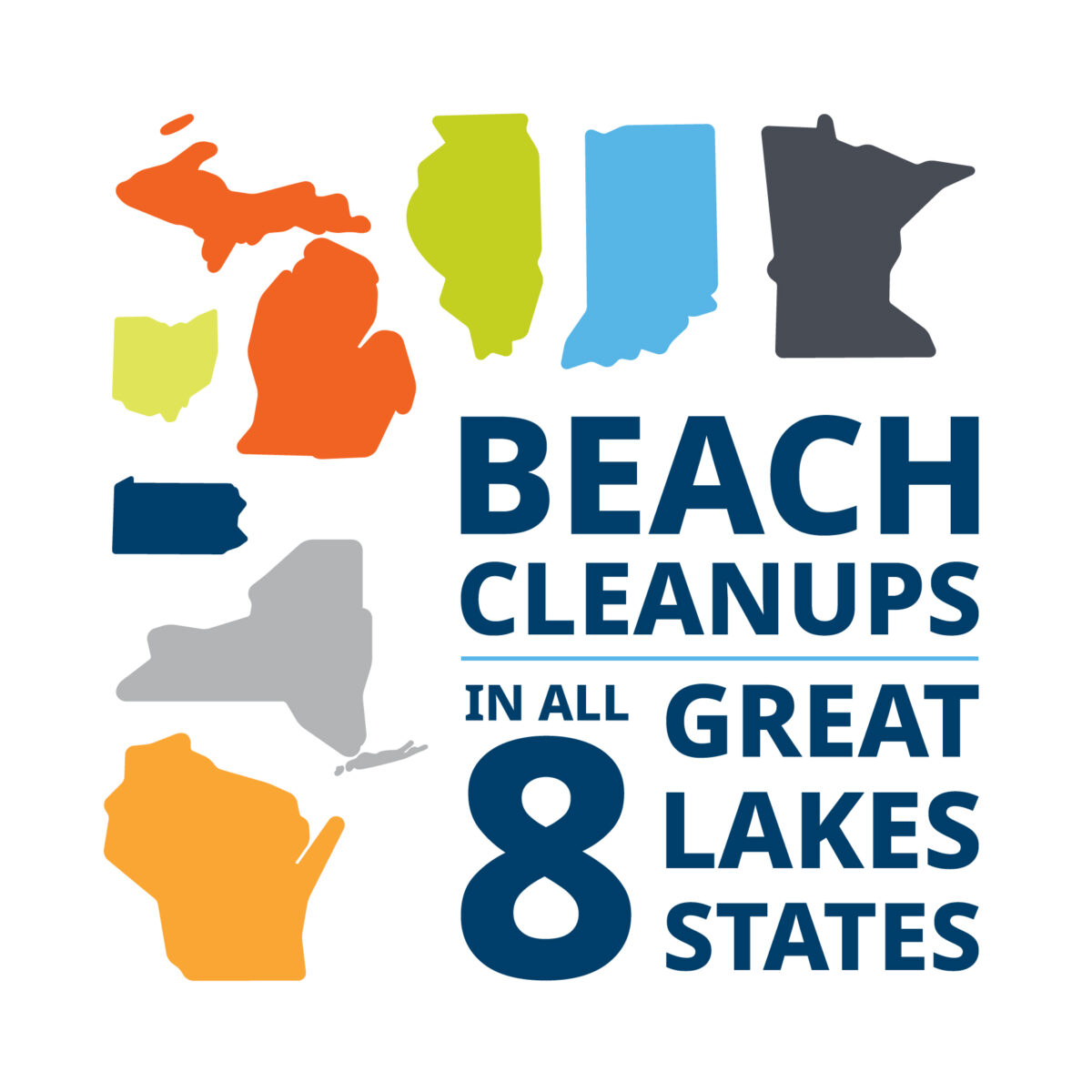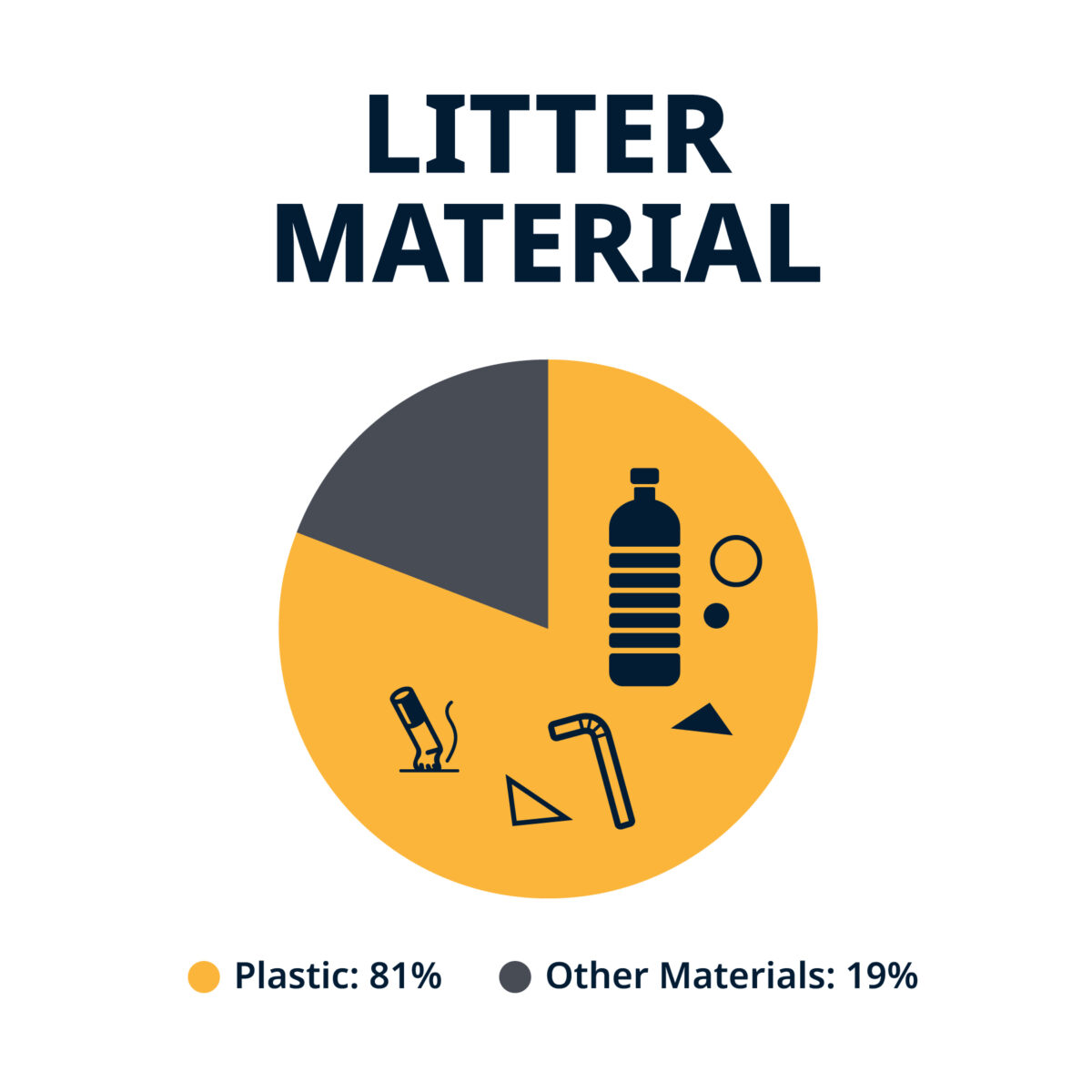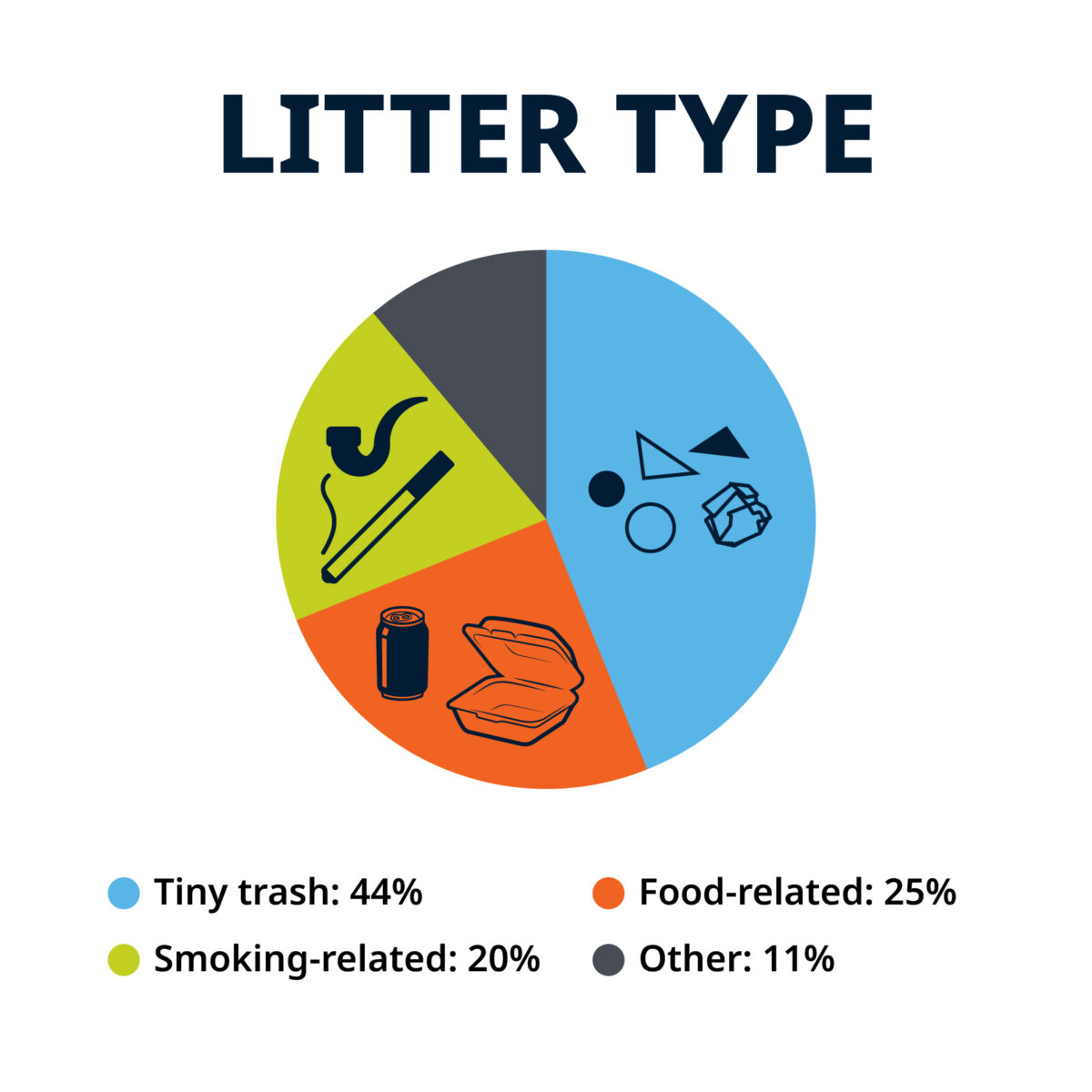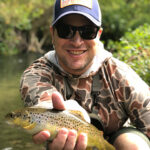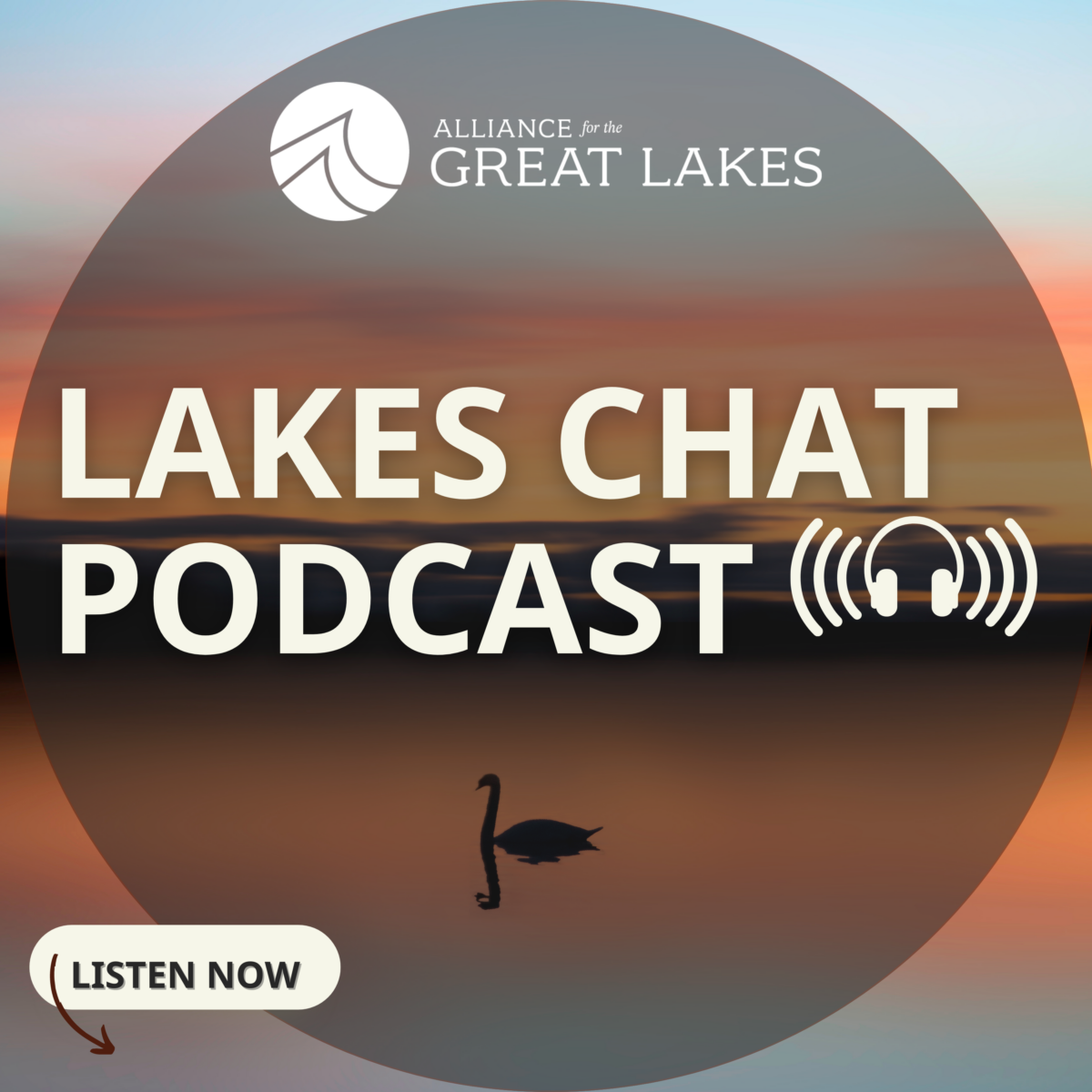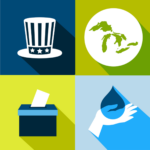“Thank you for helping our Great Lakes shine!”
Adopt-a-Beach volunteers and Alliance Ambassadors do so much for the Great Lakes! They organize beach cleanups. They spread the word about how people can protect the lakes. They build community around all five Great Lakes in eight Great Lakes states.
In honor of National Volunteer Month, we asked folks to send our volunteers a few words of appreciation. People across the region showed Great Lakes volunteers their love. Here are just some of the things they said:
“Your work and passion for the Lakes is so appreciated by all those who use and love our lakes! Your work is noticed and appreciated! Thank you!”
Anne S, Minnesota
“Thank you for giving of your time to care for this most amazing planet. Your service and care is most appreciated and a gift to us all.”
Jonathan H, Illinois
“THANK YOU!! To all of the Team Leaders, Adopt-a-Beach Volunteers and Alliance Ambassadors who help to keep the beaches clean. You all are the unsung heroes helping to protect the Great Lakes.”
Annette R, Ohio
“From Buffalo, NY, a Great (Lakes) Big Thank You!!”
Jennifer F, New York
“Thank you for your care of creation.”
Carole H, Ohio
“To everyone making a difference by volunteering, THANK YOU! The Great Lakes are a global treasure, and the work you do to improve and protect them while individually small, collectively makes a better planet earth.”
Jim Z, Wisconsin
“Thank you for your valuable time in helping us keep our beaches clean!”
John L, Pennsylvania
“I work at the Alliance, and I know you are the heart of our work! Thank you so much for the time and energy you devote to protecting the Great Lakes. Your work makes a difference every day. I’m grateful to you for your work and look forward to the progress we will make together over the next year.”
Molly F, Illinois
“Thank you for your time & energy to help keep the Great Lakes great. Grateful for you & thank you.”
Anita S, Michigan
“I grew up on Lake Erie, and have lived on Lake Ontario for my adult life. We go frequently to Lake Huron and Georgian Bay. Being able to live in this blessed triangle of Ontario is one of the best things in my life. This is why I am writing to thank all the volunteers who look after the lakes and their shores, whether through beach cleanups, or other means. You keep this beloved area safe, and allow it to survive into our challenging and uncertain future, as a refuge and a home for people and creatures of all kinds. Many many thanks from me and my family, and dear friends who are all Great Lakers.”
Mary E, Ontario
Thank you from the bottom of our hearts to all the Adopt-a-Beach volunteers and Alliance Ambassadors working to protect our Great Lakes!
Read all the messages to our volunteers.
The post “Thank you for helping our Great Lakes shine!” appeared first on Alliance for the Great Lakes.
News - Alliance for the Great Lakes
News - Alliance for the Great Lakes
https://greatlakes.org/2024/04/thank-you-for-helping-our-great-lakes-shine/

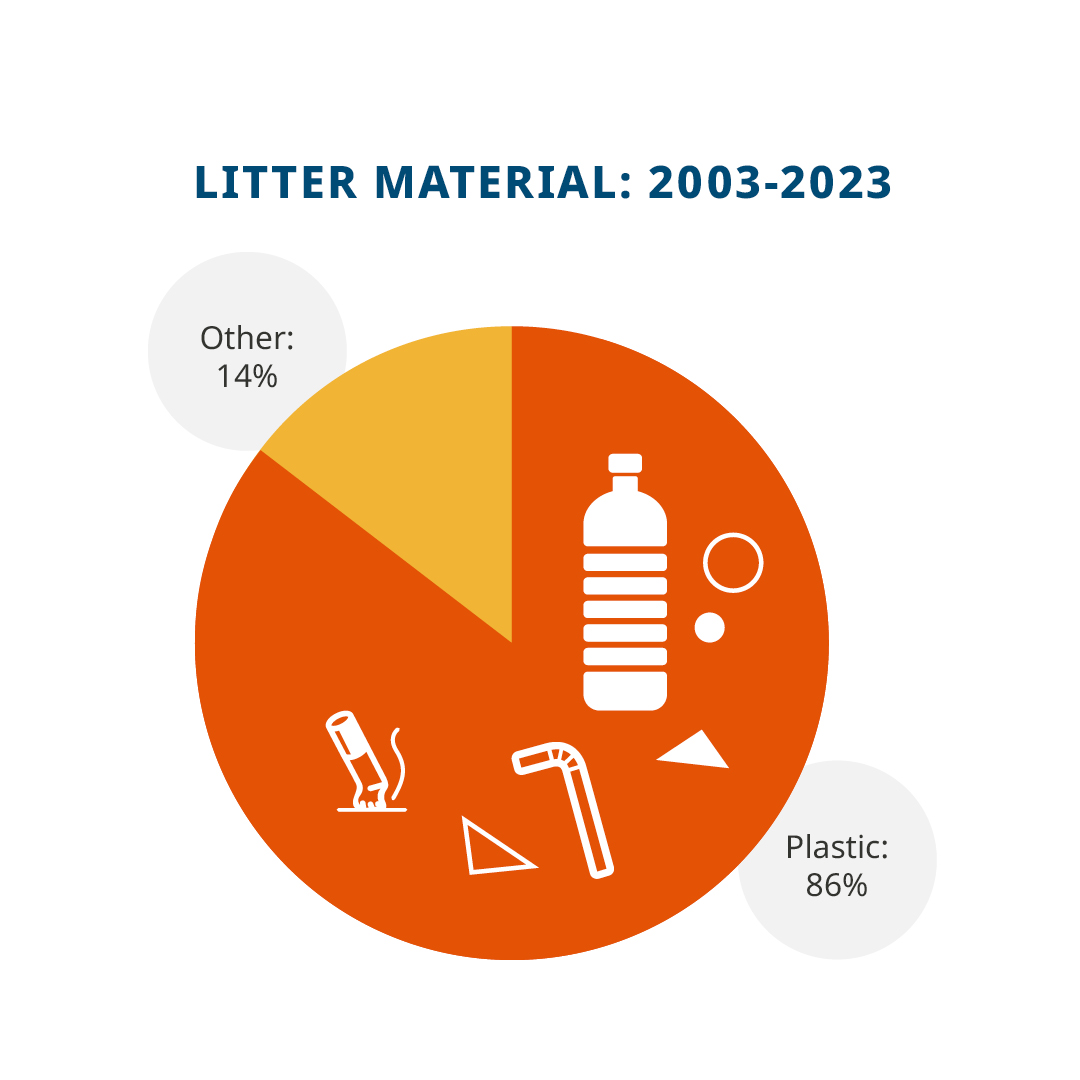
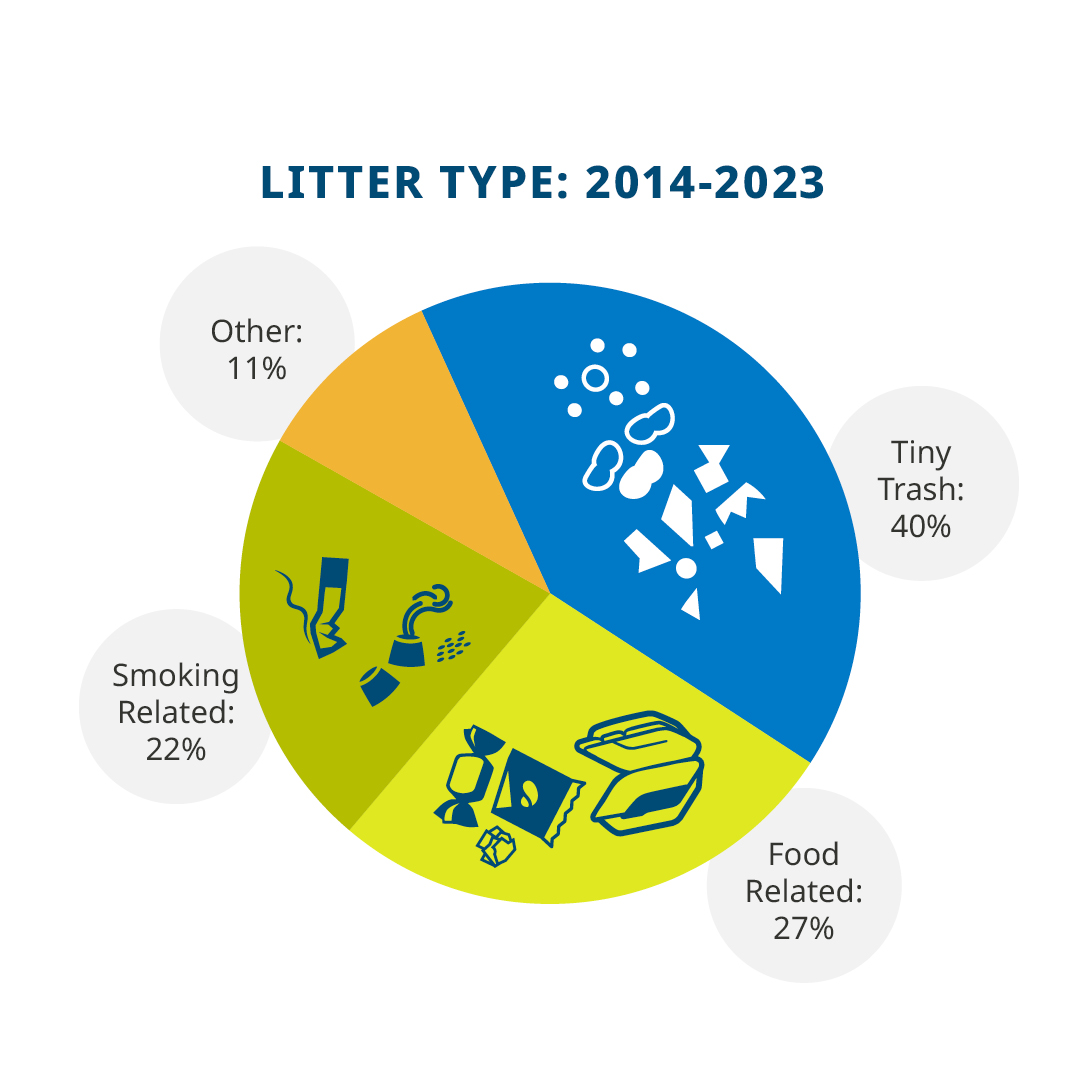
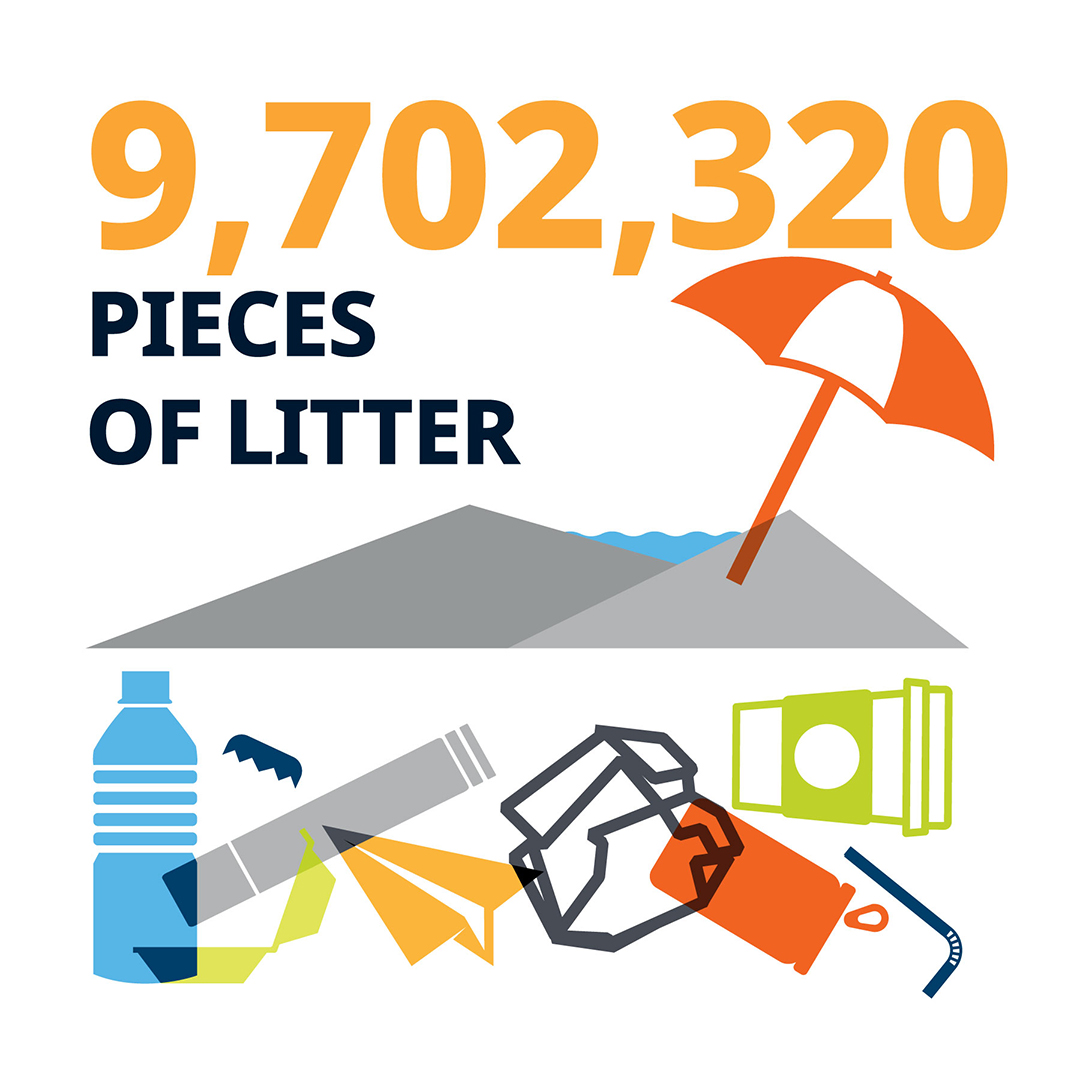
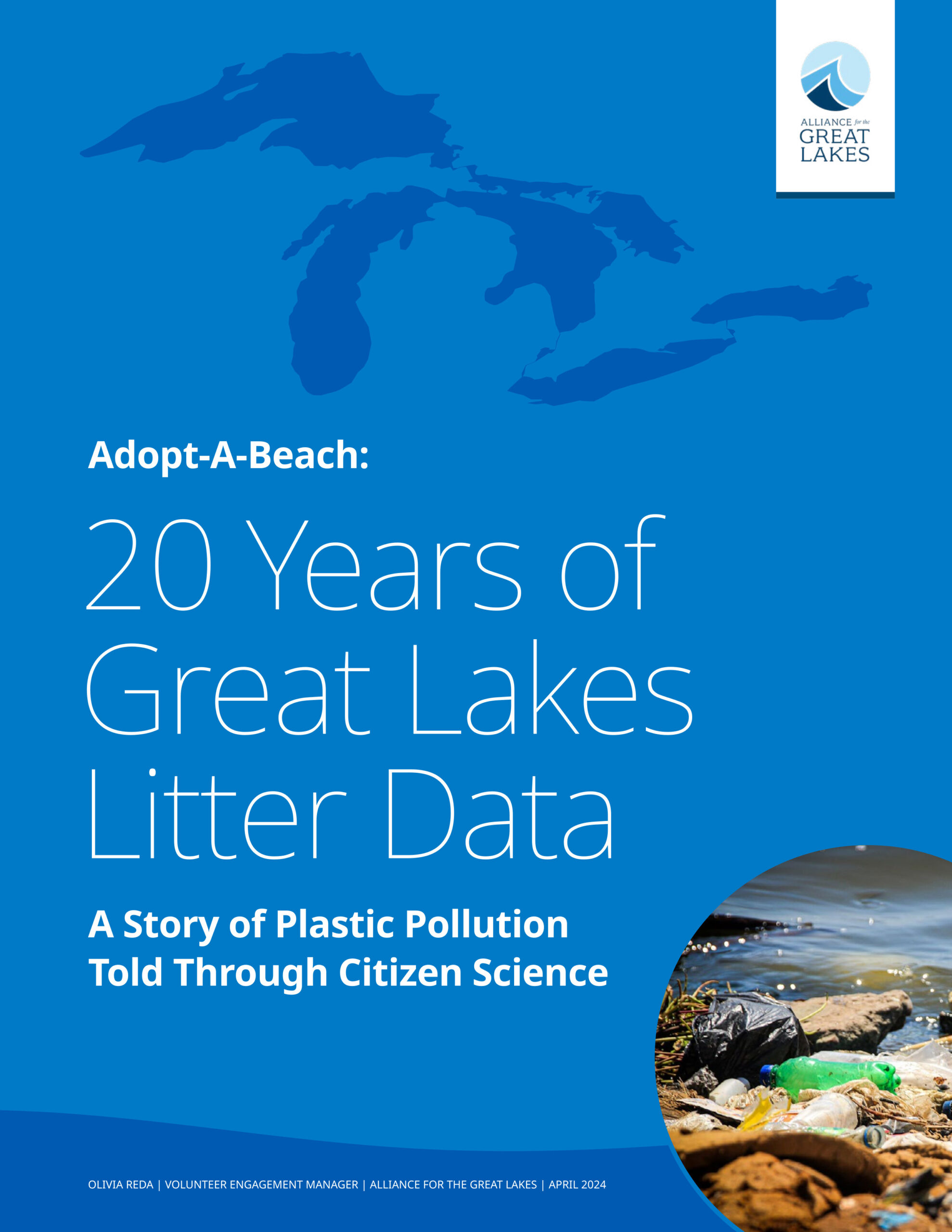
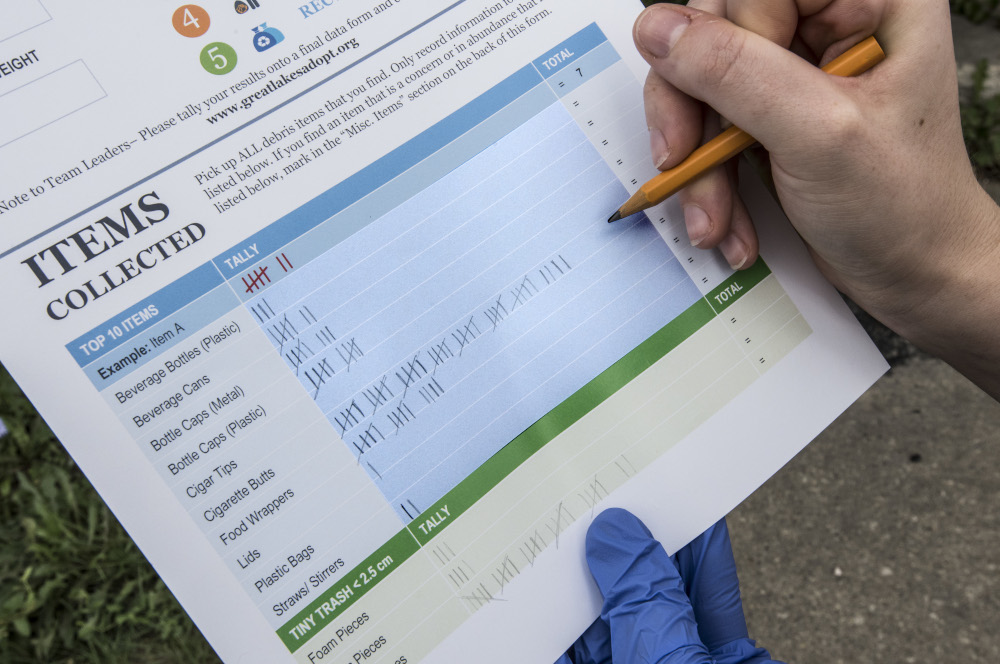
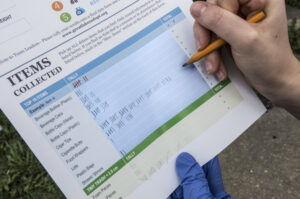
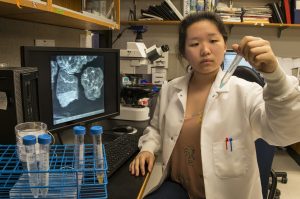
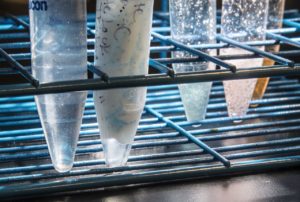
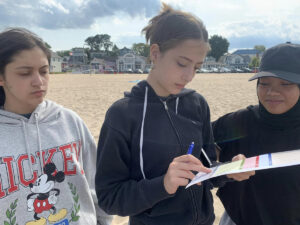
 results.
results.